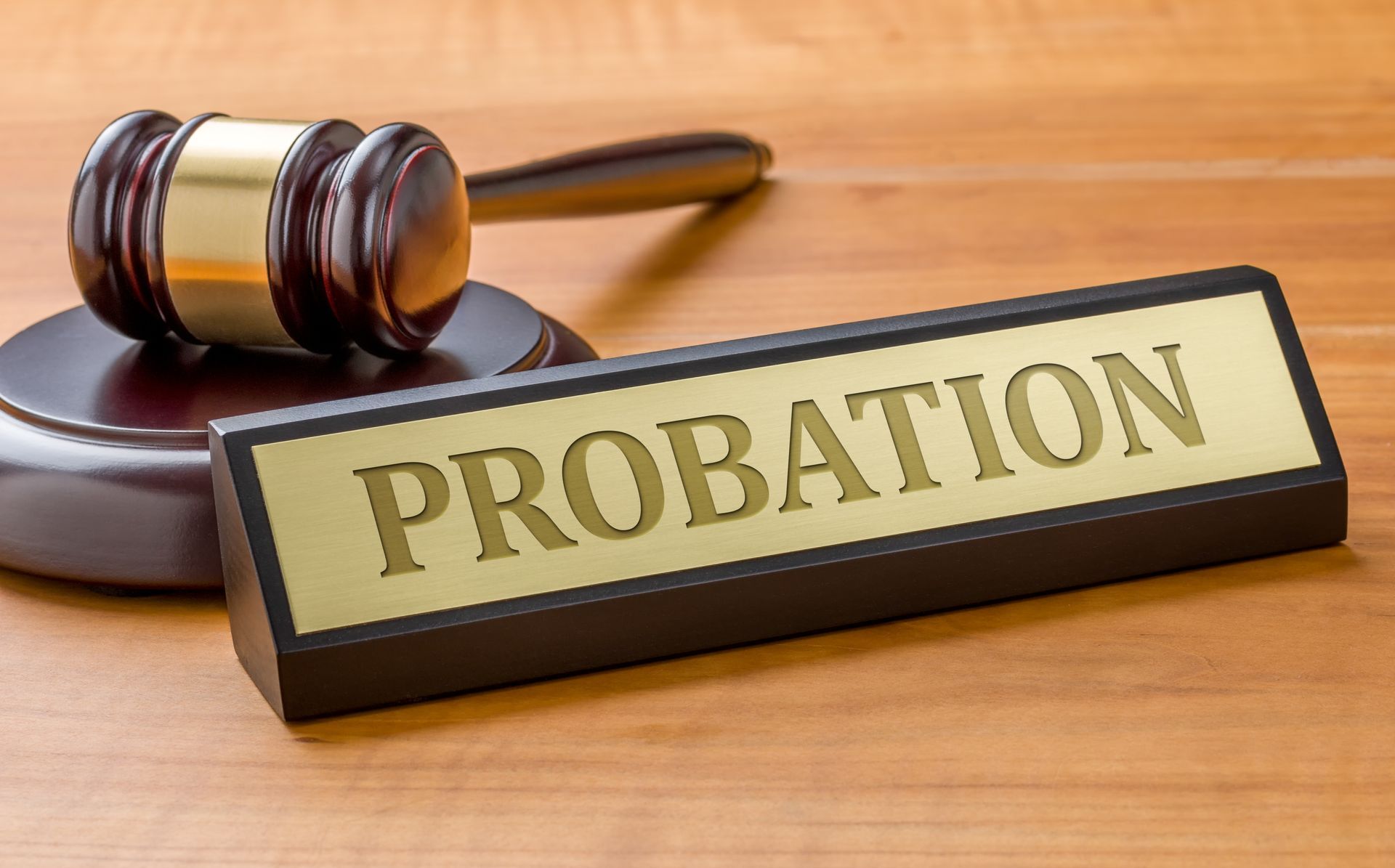Charged with a Misdemeanor in Boise? Here’s What You Need to Know
Charged with a Misdemeanor in Boise? Here’s What You Need to Know
Being charged with a misdemeanor in Boise can be overwhelming, especially if it’s your first time dealing with the criminal justice system. Although misdemeanors are considered less serious than felonies, they can still lead to jail time, fines, a criminal record, and lasting impacts on your employment, housing, and personal life. At Wollen Law, PLLC, we want you to understand your rights, your options, and what steps to take next.
What Is a Misdemeanor in Idaho?
In Idaho, a misdemeanor is a criminal offense that is punishable by up to one year in county jail, along with potential fines and other court-ordered penalties. Misdemeanors are categorized into two classes:
- Misdemeanors (standard): Up to 6 months in jail and up to $1,000 in fines
- Aggravated misdemeanors: Up to 1 year in jail and up to $5,000 in fines
Some common examples of misdemeanors in Boise include:
- Driving under the influence (first offense)
- Petty theft or shoplifting
- Simple assault or battery
- Disorderly conduct
- Driving without a valid license
- Possession of small amounts of marijuana
What to Expect After a Misdemeanor Charge
Once charged, you will typically be issued a summons or arrested. Your first court appearance is called an arraignment, where you’ll be informed of your charges and have the opportunity to enter a plea. Depending on the nature of the charge, you may also be eligible for bail.
From there, the process may involve:
- Pre-trial hearings
- Plea negotiations
- Trial (if necessary)
- Sentencing (if convicted)
It’s important to take every step seriously. A conviction can have lasting effects on your record and may increase the severity of penalties for future offenses.
Why Legal Representation Matters
Trying to handle a misdemeanor on your own can put your future at risk. The legal system is complex, and even minor charges can carry major consequences. A strong legal defense can help you understand the law, explore options for dismissal or reduction, and advocate for reduced penalties or alternative sentencing like probation or diversion programs.
At Wollen Law, PLLC, we work to protect your rights at every stage. Whether you're facing a first-time offense or a repeat charge, our team provides clear guidance, strategic defense, and committed representation tailored to your case.
Take the Next Step
If you've been charged with a misdemeanor in Boise, don’t wait to take action. Contact Wollen Law, PLLC today to schedule a consultation. We’ll help you understand your legal options and fight for the best possible outcome.











